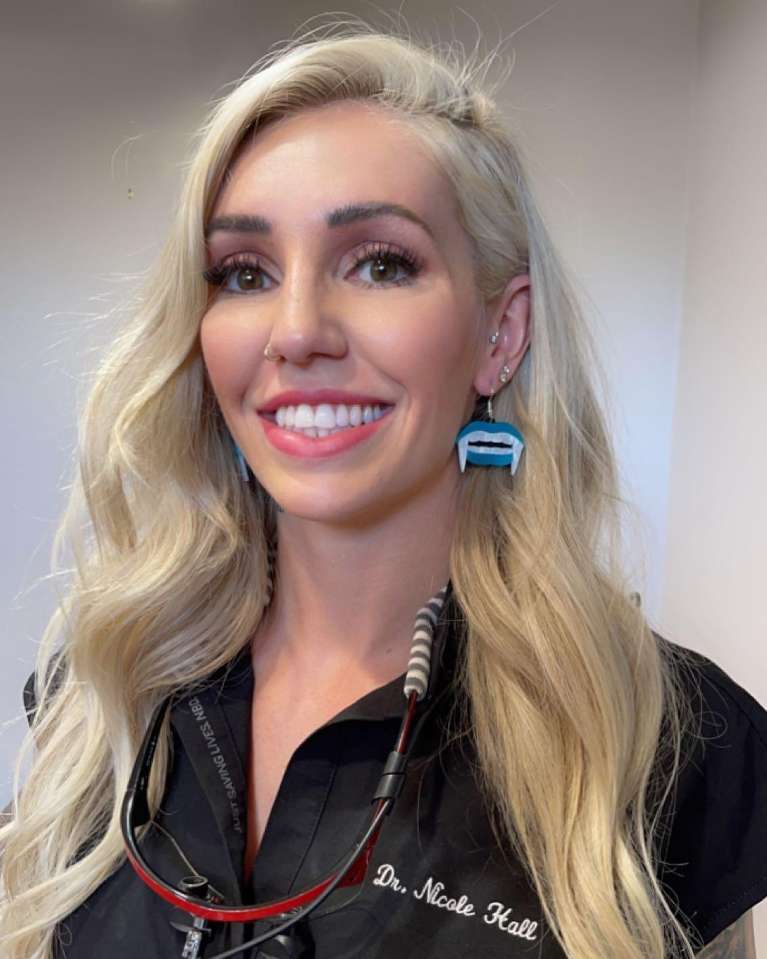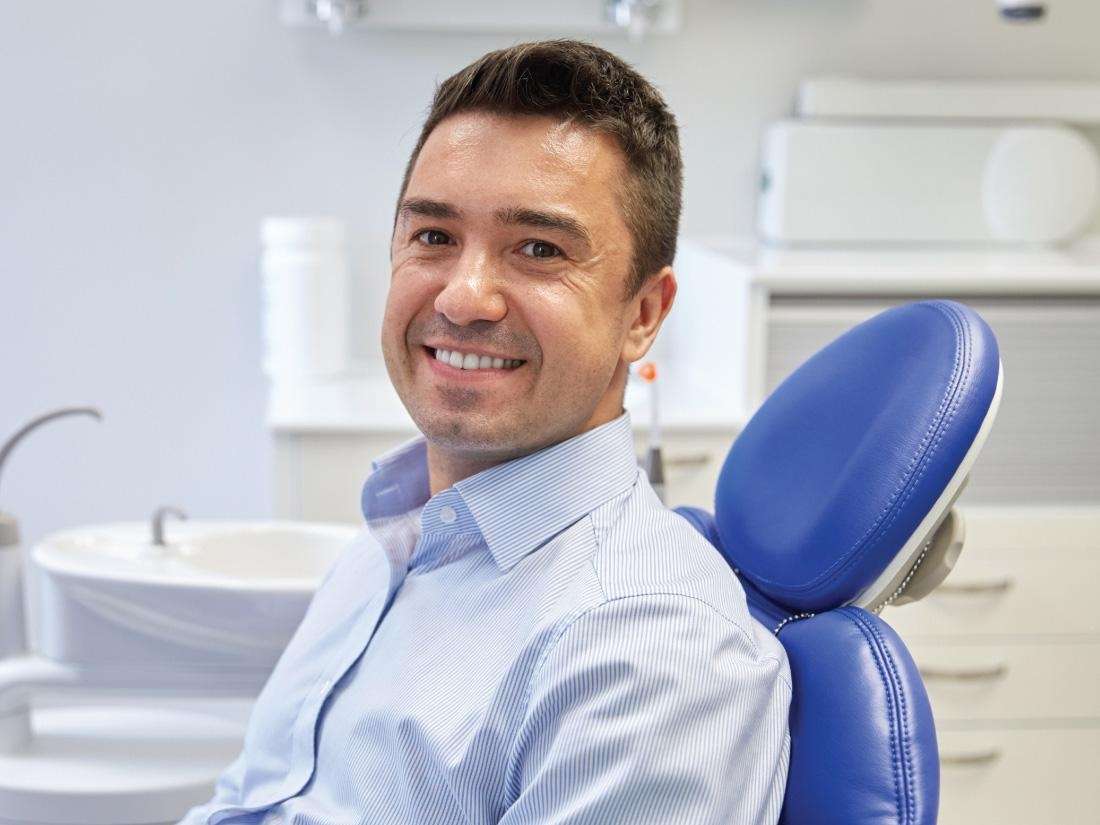Preventive Dentistry in Phoenix

Prevention is our primary focus at Uptown Dental & Orthodontics because it’s the best way to help our patients manage their dental health and overall well-being. Preventive teeth cleanings and checkups also sometimes help our patients avoid the need for more extensive procedures for tooth repair, like fillings or crowns.
Preventive dentistry in Phoenix is also a great way to help our patients protect their overall health since studies have shown us that periodontal (gum) health is closely related to systemic health, which means that when you take good care of your smile, you’re also protecting your overall health! Here’s what you should know about preventive dentistry.
The Oral-Systemic Connection
Science has shown us a close connection between the bacteria in the mouth that causes gum disease and that which causes other non-dental related, systemic health concerns like:
- Diabetes
- Heart disease
- High blood pressure
- Arthritis
- Dementia
- Complications during pregnancy
Essentially, this means that the same bacteria in your mouth that causes the infection known as gum disease can enter your bloodstream and move to other areas of your body and contribute to the inflammation causing these other health concerns and vice versa. Since all body systems are connected, it’s never been more critical to protect your dental health with routine teeth cleanings and checkups.
What Is Gum Disease?
Gum disease is an infection of the soft tissues and bone that provide support for your teeth. The infection results from bacteria building up and moving below the gumline. If left untreated, the infection eventually destroys your teeth’s support system and can result in tooth loss. Gum disease is actually the leading cause of tooth loss in American adults.
Protect Your Dental Health and Overall Well-Being
Your best defense against gum disease and other dental concerns like tooth decay is to commit to an excellent home care routine and visit your Uptown Dental & Orthodontics team for teeth cleanings and checkups every six months.
When you visit your Phoenix dentist every six months for routine teeth cleanings and checkups, Dr. Hall screens you for gum disease to detect it as early as possible. With early detection, we can help our patients successfully manage and sometimes even reverse the early stages of gum disease, known as gingivitis. Or we can help patients successfully manage advanced gum disease (periodontitis) to keep their condition under control. Dr. Hall uses advanced technology like the dental laser to eliminate infected tissue and accelerate the healing process for patients managing periodontitis.
Think of Dr. Nicole Hall and her team as your partners in helping you achieve excellent dental health resulting in exceptional overall health. So if it’s time to schedule your next teeth cleaning and checkup in Phoenix, AZ, don’t wait to call us at (602) 265-6456 to schedule.

MEET OUR DOCTOR:

Dr. Nicole Hall
After studying in the great state of Colorado and receiving my doctorate in dentistry, I realized that this was my one opportunity to explore another amazing city. I am so happy I chose the beautiful state of Arizona as my new home. I’ve had the pleasure of treating people in just about all of the wonderful suburbs around the valley. I am so excited to be centrally located right smack dab in the middle at Uptown Dental & Orthodontics.
I honestly couldn’t be more excited to wake up each morning to …
FEATURED BLOG POSTS – CLEAR ALIGNERS WITH INVISALIGN®
MARCH 15, 2023
The Importance of Routine Dental Care

It’s your lunch hour and time for your six-month teeth cleaning and checkup. You’ve already had a hard day, and it’s only lunchtime! You’d really rather skip this dental appointment, but here’s why you shouldn’t.
Why Do We Need Regular Dental Visits?
Visiting your Phoenix dentist every six months protects your smile and your budget because Dr. Hall can detect problems and concerns early on when they’re more straightforward and less costly to treat. For example, she screens you for problems like gum disease, tooth decay, and oral cancer that are much easier to treat in their early phases.

